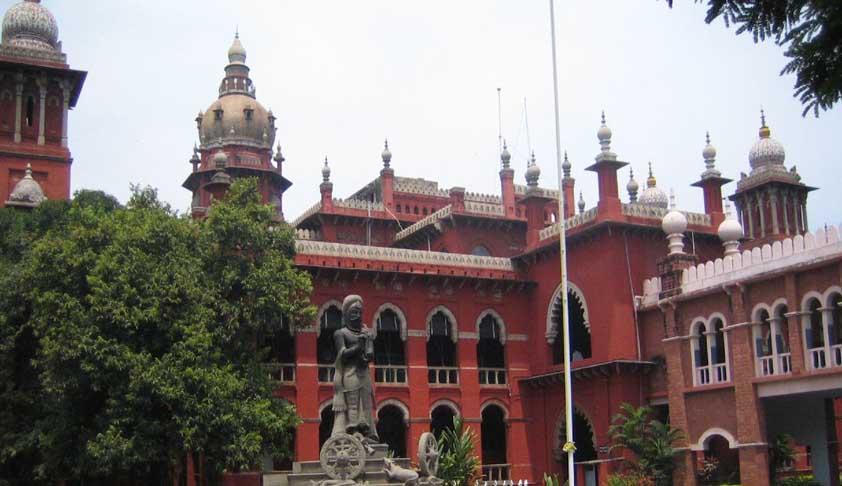The Madras High Court has held that information relating to "internal matters of High Court" cannot be disclosed to public under the Right to Information (RTI) Act.A two judge Bench comprising Justices Elipe Dharma Rao and M Venugopal noted that if such information is disclosed, "It will definitely make an inroad to the proper, serene function of the Hon'ble High Court being an...

